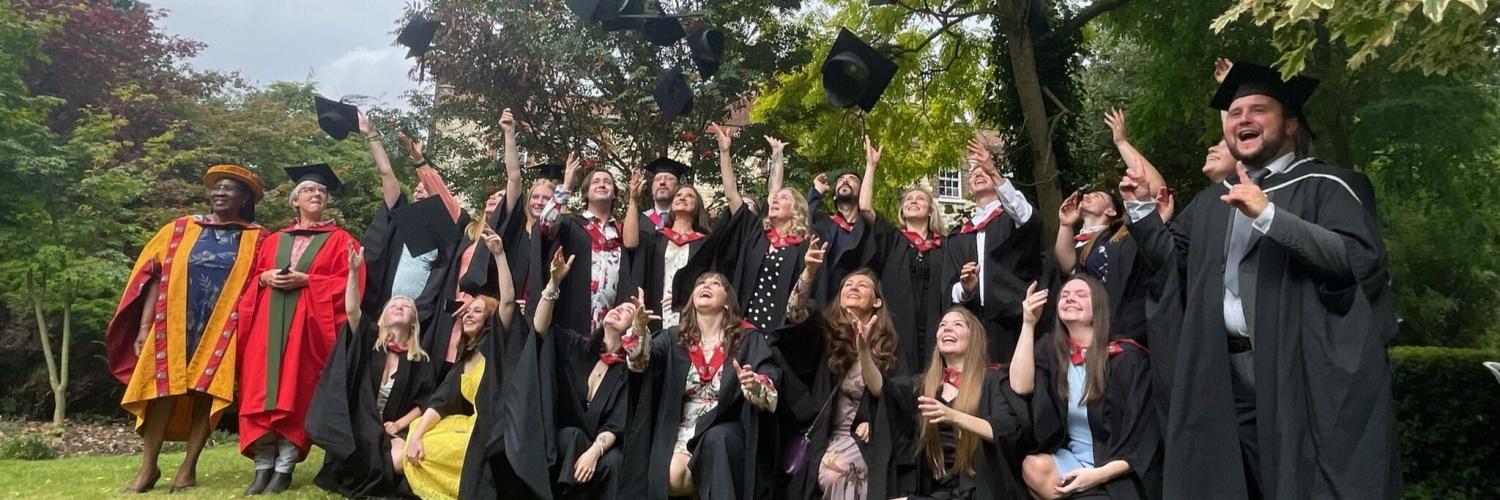BSc Aquaculture and Fisheries Management
"The course doesn’t just teach you about the subject, it also gives you the opportunity to learn life skills."
Luke Aislabie - Fisheries Health Inspector at Cefas
In 2014 I started at the University of Greenwich doing a Foundation Degree in Aquaculture and Fisheries Management at Hadlow College Campus. I had done very poorly in my A-levels and all I wanted to do was to go out to work, when I realised that finding “decent” jobs required a degree, I knew I had to just go for it. I always had a passion/interest in fish and the environment, which was what lead me to choosing to do this degree. I applied for university in the middle of August and started on 1st September. I never went and looked around Hadlow College, I went to the university blind and have never looked back since! I finished the Foundation Degree in 2016 and then choose to carry on with my learning and attend the BSc top-up course to get the BSc.
One of the main things that makes the course worthwhile and enjoyable is the knowledge that the lecturers have. It is a biased opinion, but I don’t think you would find better lecturers in this subject area! Using the knowledge to form your own knowledge is key as they have life experiences that you don’t have yet. The broad range of units offered in this course is a plus point of the course as it allows you to gain a greater knowledge in a vast array of subjects, and which gives you better job prospects at the end. Also, I believe the facilities are what makes the course enjoyable. Being able to be taught subjects in a classroom and then carry out the subject in a practical format, for example in the first year, one unit is called Cyprinid Farming, you learn all about how to farm them and then the class will carry out an actual spawning of a Cyprinus carpio.
The course doesn’t just teach you about the subject, it also gives you the opportunity to learn life skills. Such as working to deadlines, learning to think for yourself, becoming punctual and gives you the ability to have practical skills through work experience etc., which is one of the key things employers look for. The facilities re-vamp in the hatchery in 2016 were vital to providing a better experience for students and provided my class the opportunity to perform experiments in the hatchery for our dissertations that could never be done previously.
At this point I am unsure as to my future career plans; I currently work for a government agency called the Centre for Environment, Fisheries and Aquaculture Science (Cefas) as a fisheries scientist/specialist fisheries support. I got this job a month after coming out of university and without my degree I would not have got the job. My job is marine-based, the main part of my job involves going out on fisheries surveys for a set period of days, which involves doing biological dissections/tag and releasing fish. I also carry out market sampling at British fishing ports to gain information on species, size, age, sex and maturity. I suppose for my immediate future I am planning to get involved in as much as I possibly can to allow me to gain greater knowledge across a wide degree of subjects and then see where I can go from there. In reality I fell in to my dream job straight from university, which is why I am unsure on future plans.
My main tips for future students are:
- To just go for it with everything you have got and believe in yourself. I never thought I would ever pass a degree, let alone coming out comfortably with a 2:1. You just got to get your head down and read around the subjects to give you a greater knowledge.
- Make the most of work experience modules and don’t waste them as these can be key to your future employment. Get to know people in the industry and get your name out there. Show motivation and enthusiasm as one day they could be the person that gives you a job!
- Apply for jobs before you finish university as it takes time to process applications. - The longer you wait the harder it will be.
- Finally, I believe that once you finish university, the first 2-5 years are vital in how your future career will pan out. The money is irrelevant as it is the experience/skills you need to gain, which will give you opportunities to either be promoted or find better jobs elsewhere and unfortunately you will more than likely have to move. It is rare to find a job on your doorstep. 2-5 years is nothing realistically in the long-term vision of your career and you won’t regret it!

